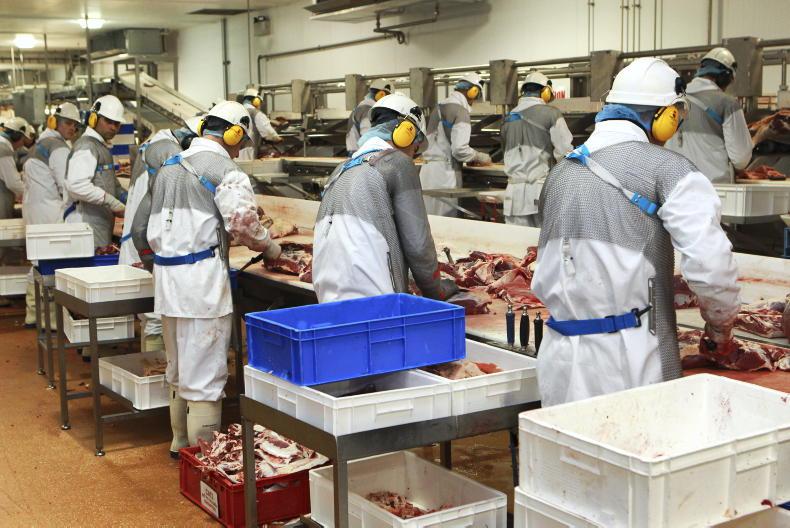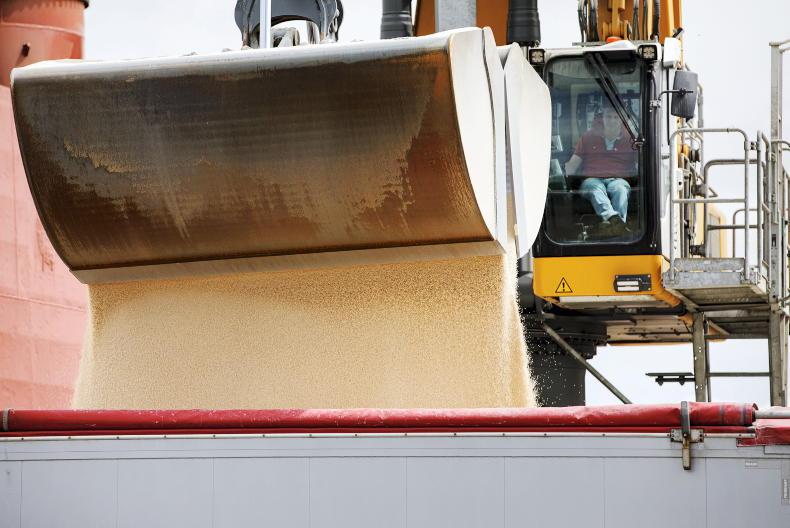If there is a unique Irish form of political evasion, it is the denial of trade-offs.
Inconsistent policy targets are pursued simultaneously and the trade-offs assumed away.
These include ambitious housing targets alongside the indulgence of Nimbyism and fervent support for objectors to housing schemes from all political parties.
Lofty targets for renewable generation accompany local vetoes to stop onshore wind-farms, the cheapest renewable technology available for the foreseeable future.
A target is not a policy unless accompanied by practical measures to make it happen, including the relegation of side-effects to which decision-makers openly ascribe a lower priority. Targets in conflict are a recipe for delay and cost escalation.
Latest domain
The latest domain for this habit of political evasion is defence policy. It is constantly argued that Ireland can preserve its historical neutrality, stay out of NATO, build a far larger military and somehow organise to defend itself against all-comers without allies.
The most recent voice to articulate this ambition, long the preferred view in the leadership of the defence forces, is that of Jennifer Carroll MacNeill, the junior minister for defence and European affairs.
Writing in the Sunday Independent, she cites Russian aggression as the principal external threat, noting that her Lithuanian colleague at a recent meeting of EU ministers had expressed alarm at the prospect of Russian success in its invasion of Ukraine.
Should Russia manage to annex Ukraine, a former constituent of the Soviet Union, that would indeed have grave implications for Lithuania, another former province of the Russian empire.
The military implications for Ireland are not obvious, however desirable a Russian defeat.
Neutrality worked for Ireland during the Second World War, as it did for Portugal and other small peripheral states in western Europe.
States bordering the belligerents Germany and Italy were invaded and occupied, including Belgium, the Netherlands and neighbours in the Balkans.
Remoteness
Remoteness defended Ireland despite the fall of France. Neither the USA nor Britain could have tolerated an invasion of Ireland, lucky on this occasion to be a windy rock in the north Atlantic, by Germany or anyone else.
Ireland remains a windy rock in the north Atlantic and it is fanciful to imagine that the Russian high command has an invasion plan.
As a practical matter, any Russian infantry that came ashore would need first to have fought their way through Poland, Germany, France and Britain.
Conquering 20% of Ukraine, with a sizeable minority Russian population, has taken two and a half years and is unlikely to succeed. Building up the infantry army to the point where it could withstand invasion is both unneccessary and futile - Russia is the only aggressive threat in Europe since the defeat of Serbia in 1995, is a long way away, seems unable to defeat Ukraine and there are four well-armed NATO countries to go should they succeed.
The minister’s recommendation is that Ireland should not join NATO, but should spend substantial sums on defence regardless, outside NATO. This would deliver costs, but no benefits.
Figures
The costs of NATO membership nowadays require defence spending at 2% of GDP or greater. On the likely 2025 figures, this would work out at between €10bn and €11bn per annum, versus the current spending rate of around €1.5bn.
In round numbers, an extra bill of about €9bn annually, not too far short of what was devoted to the entire State capital programme a few years ago.
Carroll MacNeill is less ambitious. Since it would be pointless to spend any money on an infantry army, it would all go on warplanes and naval vessels and the minister’s target is €3bn per annum, double the 2025 figure.
She favours having 12 naval vessels, double today’s depleted figure, plus combat aircraft, currently zero. The Russian navy has around 400 active warships and the air force 800 fighter jets. Fighter jets cost up to $100m each for the more advanced models, plus a few million a month to keep them operational.
If Ireland was located in the Baltic, like Lithuania, it would make sense to pay for more defence and join NATO, as Finland and Sweden have chosen to do.
An alternative is to stay out of NATO, accept that friendly neighbours, Atlantic countries such as the UK, France and the USA, have their own interests to protect in our neighbourhood and avoid spending money on a tiny navy and air force which would add nothing to western Europe’s security.
Public opinion polls regularly show large majorities for Irish neutrality, reflecting perhaps a public recollection of how well the policy worked during the Second World War.
The policy was to ‘stay neutral’ and avoid spending too lavishly. The current political fashion seems to be ‘stay neutral’, but spend the money and pretend that it buys a meaningful defence capability.









SHARING OPTIONS